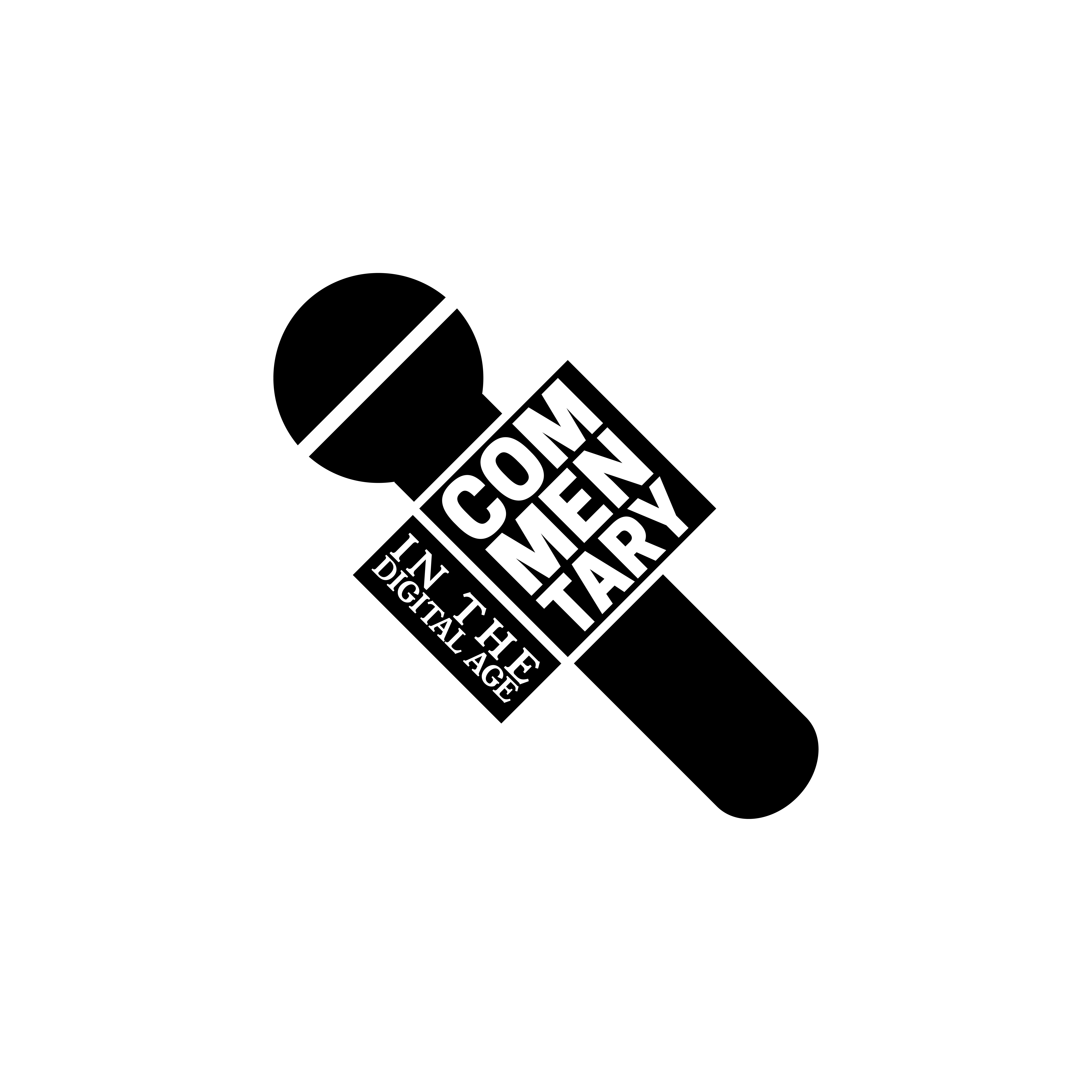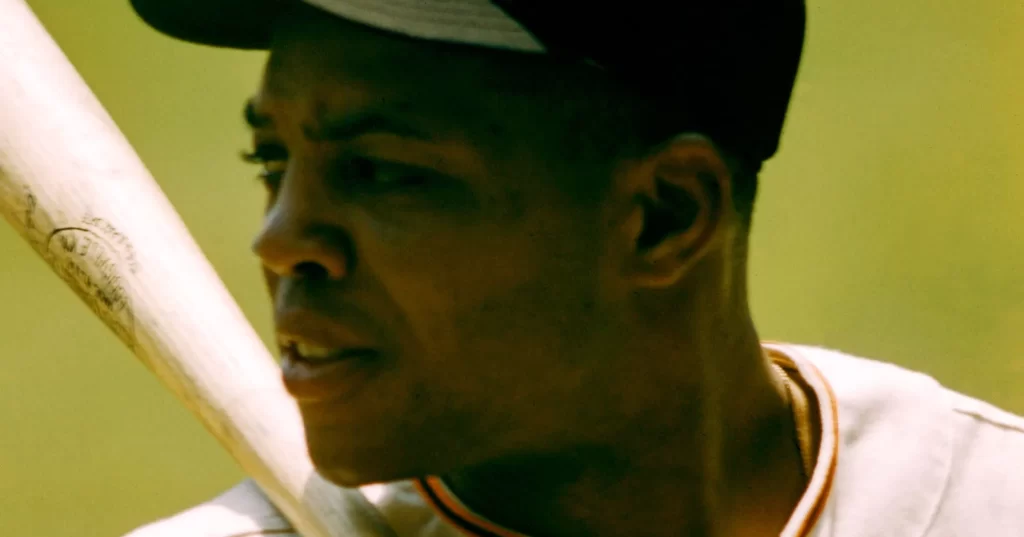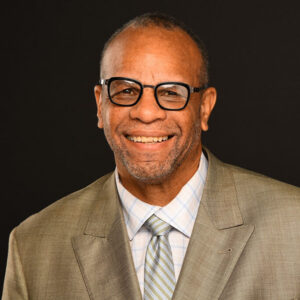I have always wondered how I would react to the death of Willie Mays.
Now I know. Numbness, acknowledging that a part of you, part of your youth is gone, never to be reclaimed. Mays died Tuesday. I received word from alerts with some seeking comment wanting to put Mays in context and in perspective.
All I knew was that a bit of springtime had died.
Mays was my introduction to baseball, my introduction to my favorite team of all time: the San Francisco Giants of the mid-1960s. Those were the Giants of first baseman Orlando Cepeda and pitcher Juan Marichal.
Mays was also part of my continuing introduction to Black style as introduced to mainstream America by Black sports stars. The basket catch was and is one of the coolest innovations in sports, along with Muhammad Ali’s shuffle, Earl “The Pearl” Monroe’s spin move, Julius “Dr. J” Erving’s flying-from-the-foul-line Afro-blowing dunk. Mays’ basket catch was part of a revolution in mainstream sports — the birth of the cool in sports.

When I think of Mays, I think about growing up in the little hamlet of Phoenix, Illinois, and watching the Giants teams on black-and-white TV. The moment fixed in time was how he once robbed the Chicago Cubs third baseman Ron Santo of an extra-base hit. Santo hit a deep fly ball in the gap between right and center field. In another place, another time — against another center fielder — Santo could have expected an extra-base hit. But Mays ever so coolly glided over, ran the ball down, made the catch and made it look easy. He flipped his shades back and coolly walked back to center field.
Cool.
I spent hours in my backyard trying to master the basket catch and never did, but I became aware of trying to be cool — the art of taking something very difficult and making it seem effortless.
I did not meet Mays professionally until the early 1990s when I was at The New York Times covering an Old-Timers’ Game at Shea Stadium. There he was in the clubhouse, reminiscing with fellow old-timers. I was tongue-tied. I had no idea what to say or what I expected Mays to do. Maybe I expected him to grab a baseball, toss it in the air and show me how to make the basket catch. Except that by the 1990s, the basket catch had become so mainstream that the idea that it had been an innovation was beyond belief.
A few years later, I found myself at some event sitting at a table with Mays and filmmaker Spike Lee. It was there that I discovered Mays and I had shared an affinity for cursing. That broke the ice. We communicated.
He talked about experiencing segregation as a major leaguer traveling with the Giants, and Black players not being welcome at certain hotels. “Hell, we were the ones hitting all the home runs,” I remember him saying, referring to Black players on the team.
He talked about how he got his revenge later on when he refused to stay at the hotels that once refused him.
I checked in on Mays periodically after that, just to see how he was doing, though I had not checked in for a while. And then, Tuesday evening I began receiving text messages and alerts that Mays had died.

Basketball legend Bill Russell, football great Jim Brown, now Mays. News of his death took some of the air out of my balloon; I couldn’t understand why. I had more consistent contact with Brown, but his death hadn’t affected me in the same way. I realized that it was because Mays represented a part of my youth — the promise of youth, effervescence, joy, optimism.
Gone.
The last time I saw Mays was at a middle school in Harlem in New York City, close to where I once lived in Sugar Hill. Mays was on a goodwill trip on behalf of the Giants. Mays was supposed to hand out autographed baseballs to a group of kids at the assembly. When he got to the last student, he realized that he had run out of balls.
Not wanting to disappoint, Mays pulled out a $100 bill and gave it a boy, whose eyes were as big as saucers. When former MLB second baseman Harold Reynolds asked the young man to tell Willie Mays thank you, the kid said, “Thank you, Willie Mays.”
Later, I sat in the principal’s office with Mays joking about the event. I’m not sure what else we discussed, I just remember how cool it was being relaxed and in the presence of someone I admired so much.
Mays was my introduction not only to baseball but to a certain ethos around Black style in sports. He was the dunk, the spin moves, the Ali Shuffle. He was the basket catch.
When someone dies in their 90s, it’s customary to say that they lived a long life, and Mays did. A long life, but sad news for me because his death is like the death of springtime.


